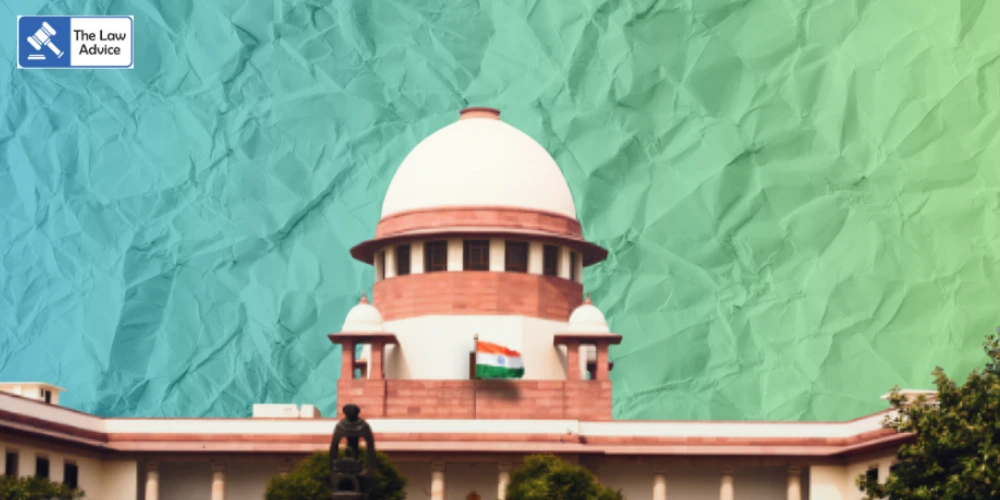The Supreme Court has once again clarified that Tribunals constituted under the Maintenance and Welfare of Parents and Senior Citizens Act, 2007 (“Senior Citizens Act”) are fully empowered to direct the eviction of children or relatives if they fail to fulfill their statutory duty of maintaining senior citizens.
A Bench comprising Justices Vikram Nath and Sandeep Mehta delivered this ruling while allowing the appeal filed by 80-year-old Kamalakant Mishra and his 78-year-old wife, who had approached the Court after being denied residence in their own properties by their eldest son. The Court set aside the Bombay High Court’s order, which had quashed the eviction direction passed by the Maintenance Tribunal against the son.
The Supreme Court underlined that the Senior Citizens Act is a welfare-oriented law, enacted to safeguard the interests of elderly citizens and ensure their dignity, care, and protection. Being a social welfare legislation, its provisions must be given a liberal interpretation to further its objectives.
Quoting its earlier precedents, the Court reiterated:
“The Tribunal is well within its powers to order eviction of a child or a relative from the property of a senior citizen, when there is a breach of the obligation to maintain the senior citizen.”
Reference was made to S. Vanitha v. Deputy Commissioner, Bengaluru Urban District (2021) 15 SCC 730, which had earlier affirmed such powers of eviction.
The case arose after the eldest son (Respondent No. 3), who is financially independent and runs his own business, took over two properties belonging to his parents in Mumbai — Room No. 6, Nagina Yadav Chawl, and one room in Raju State, Bengali Chawl. When the elderly couple relocated to Uttar Pradesh, they were subsequently denied entry and possession of their own properties by their son.
Aggrieved, the parents filed an application on July 12, 2023, under Sections 22, 23, and 24 of the Act, seeking both maintenance and eviction. The Tribunal, on June 5, 2024, ordered the eviction of the son and directed him to pay ₹3,000 per month as maintenance to the parents. The Appellate Authority upheld this decision on September 11, 2024.
However, the Bombay High Court intervened, setting aside these orders by observing that the son too qualified as a “senior citizen” under the Act, and hence could not be evicted.
The apex court disagreed with this reasoning, holding that the relevant date for determining senior citizen status is the date of filing of the application before the Tribunal. Since the son was only 59 years old on July 12, 2023, he did not qualify as a senior citizen under Section 2(h) of the Act.
The Court further held that by dispossessing his parents and denying them access to their own homes, the son had acted in “breach of his statutory obligations” and had effectively frustrated the very purpose of the Act.
Allowing the appeal, the Supreme Court restored the eviction order and dismissed the son’s writ petition. The Bench granted the respondent-son two weeks to furnish an undertaking to vacate the premises on or before November 30, 2025. Failing this, the Tribunal’s eviction order would be enforced immediately.
Representation
• For the Petitioners: Advocates Ms. Deeksha Saggi, Mr. Abhishek Usha Singh, Mr. Rishabh Singh, and Mr. Gaurav Mishra, along with Mr. Rituparn Uniyal (AOR).
• For the Respondents: Mr. Navneet Dugar (AOR), along with Mr. Jainam Vimal Gadiya and Mr. Pawankumar Shrinath Pal, Advocates.
Cause Title: Kamalakant Mishra v. Additional Collector & Ors.
